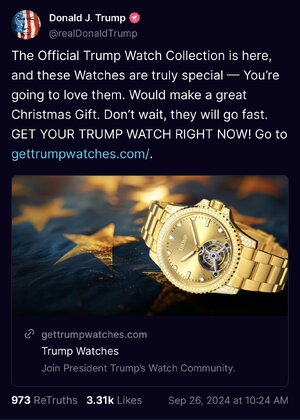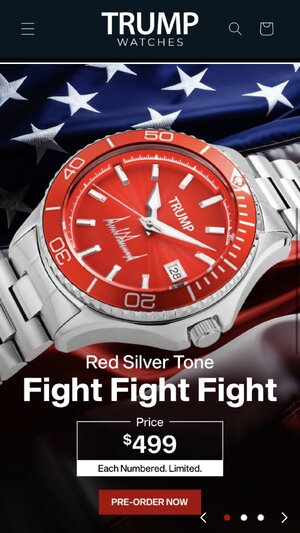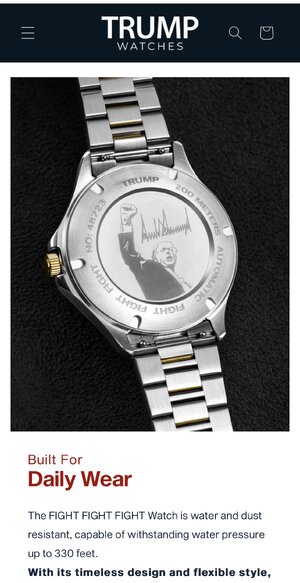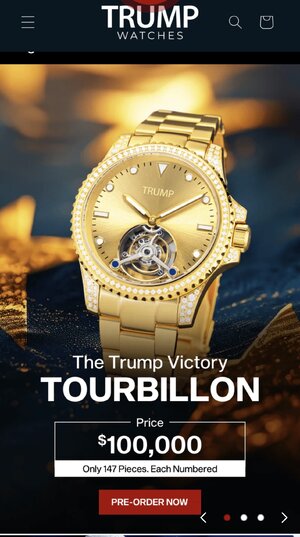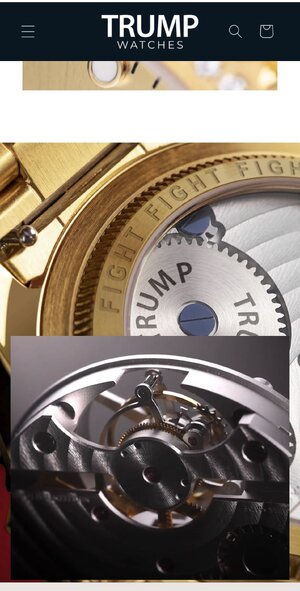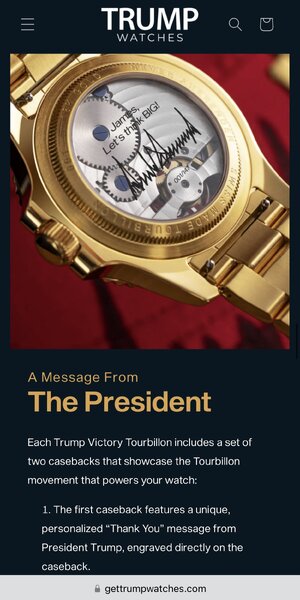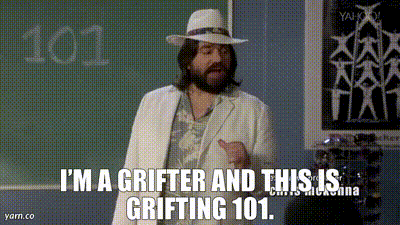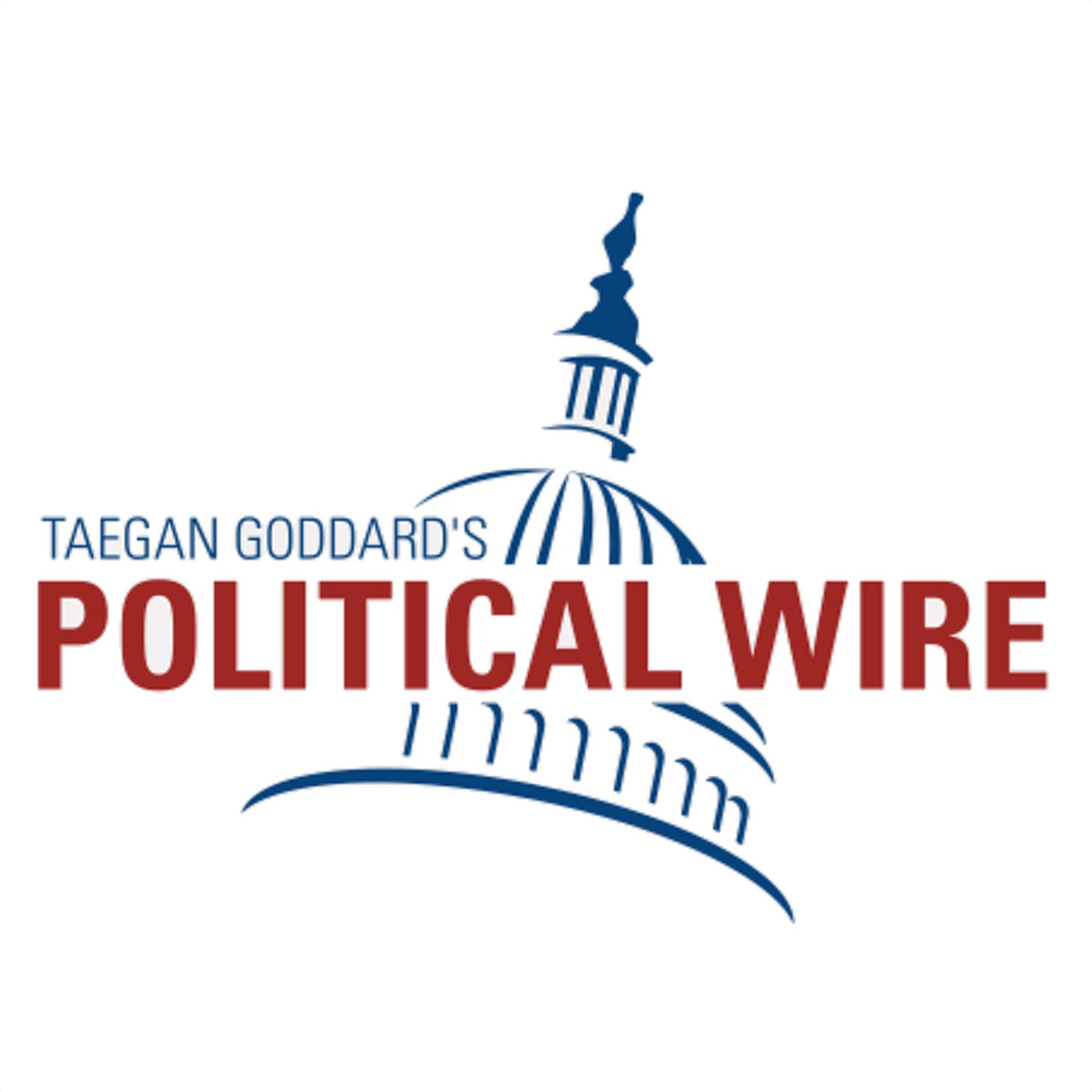1. The first answer involves comparative advantage, a concept in freshman econ that is always underrated because it doesn't come with graphs. But comparative advantage says that countries will end doing what they are good at relative to other countries. It isn't the same as absolute advantage, and that's a confusion that protectionists try to exploit.
I'll give you the textbook example in a minute, but first I'd like to point out that comparative advantage is an extremely common, intuitive and familiar idea that never causes anyone problems until they start to think about different nationalities of people. For instance, why is corn produced in Iowa and citrus in Florida? It's not because you can't grow corn in Florida (I suspect that most things, including corn, grow better in Florida). It's because you can also grow citrus, and given the choice, why wouldn't you? Why do we grow winter wheat in cold climates? I don't think it's because wheat grows better there; rather, it's because nothing else grows in winter in Canada or the Dakotas and thus the planting of wheat is almost cost-less. It's why cities are located on rivers or waterways and farms are inland. Nothing about this is the slighest bit hard to grasp. It's only when we put nationality in the mix that people lose their minds.
Anyway, now to the classic story of international trade in a two-good economy -- call them Widgets and Things. In Country A, a Widget costs 5 labor hours to produce, and a Thing costs 1 labor hour to produce. In Country B, a Widget costs 6 labor hours to produce, and a Thing costs 2 labor hours. Country A is a better producer of both goods. But with trade, it will stop making Widgets and focus entirely on Things, whereas B will make only Widgets (let's assume that the world market for Widgets and Things is extremely large, so the countries don't ever reach any sort of capacity limits). It has a 17% cost advantage in Widgets and a 100% cost advantage in Things.
Or to put it differently, suppose there is a Widget maker in country A. He wants to build a widget factory and looks for capital. The investors tell him, "if I give you $100M, you'll have a plant that can produce 1 million widgets per year. But if I give your buddy here the $100M, he'll build a plant that will make 5M Things per year. He can trade 4M of those Things to Country B for 1M widgets, and still have 1M Things left over. What are you going to do about that?" The answer is: build a Thing factory.
So Country A will still be richer, because it is more productive. But it will be richer by building Things and trading for the Widgets it needs, than by producing Widgets.
2. This is obviously an incredibly simple model but it has some explanatory power. Let's look at, say, textiles and automobiles circa 1990. The U.S. was better than Bangladesh at both, and indeed productivity is generally higher here than there across the board. But Bangladesh makes clothes almost as well as the U.S, whereas it doesn't make autos at all. It has a comparative advantage in textiles. So the textile industry locates to Bangladesh, freeing up workers in the Carolinas to work at a BMW plant. The result is that we become richer. We make and sell autos to Bangladesh, and with those proceeds we can buy all the textiles we want and still have money left over.
Note that this geography of production forms the basis for the wage scale. Bangladesh makes tons of textiles, but textiles are low productivity, low-margin goods. You can trade 1 hour of auto production work for 10 hours of textile work (let's say), which means that American auto workers are going to make 10x the wage as Bangladeshis. This is a great deal for America.
3. So now suppose you want to start a textile mill in NC. As you say, the cost of labor in Bangladesh is so cheap that Americans can't compete. You try to find funding for your mill, you can't get it, and you find a new business to start. THIS IS GOOD! It means wages are high here. Then you try to get money for an auto factory, but nobody will give that to you either because there's not enough autoworking labor to support another car plant. For the country, THIS IS GOOD! So finally, you decide to build an advanced titanium alloy manufacturing plant. You can only get 500 workers, but that's all you need -- you can charge a lot of $$ for your extremely useful, advanced alloys and so you don't need tons and tons of metal rolling off your lines to make good money.
In short: you couldn't find anyone to finance your textile mill. You had to settle for advanced titanium alloys. This is a great result for the United States. We will become much richer by producing alloys and buying textiles than we ever were producing textiles.
4. So in answer to your question, we don't want "competitive balance" in the way you suggest. We don't need American companies to manufacture textiles. We don't want them to, at least not when the choice is making alloys or cars or artificial intelligence. As long as we can trade freely with other countries, they can make our clothes. We'll make operating systems and we will be able to trade those operating systems for all the textiles we need and have lots of money left over for other stuff, like Greek feta or Pakistani shrimp.
5. This is a basic answer. It's basically freshman econ, and it's useful as a simple model. Reality is more complex. I'm not one of those assholes who takes a freshman course and figure that I know everything I need.
One important complication that has taken on special significance in the post-industrial economy is the role of scarce biological traits. In my story, we could become endlessly prosperous by scrapping our low-margin industries and focus entirely on computer technology. In reality, though, not everyone in the US is capable of being a computer designer. Some people just aren't smart enough to do that. So if we have some people who, by dint of genetics, education or other factors, are natural factory workers, and the factories have moved overseas, what are they supposed to do? Or to put it more accurately, if people are natural factory workers, and factories are only viable here when wages are low, aren't those factory workers going to struggle? They are now in competition with workers all over the globe.
My answer to this is: this is one of the central questions of progressive economic policy. In my view, it's become the most important economic policy question of all, in light of what is coming with AI. How can we secure the benefits of trade while providing a decent life (not an impoverished one) to the people in our country whose talents are not so remunerative? There are lots of answers, and we can't go into them here. Feel free to start another thread, if you'd like.
What I can say is that tariffs are not a solution to this problem (obviously, as I've framed it). They are an admission of failure. They are a policy of despair, in which we just accept a bad outcome for lack of effort or imagination in solving the problem presented to us.


